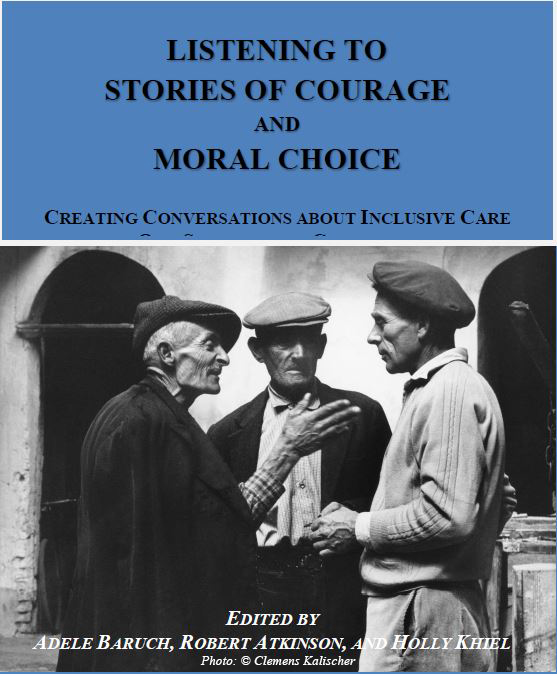Chapter 3
Stories of Helping in the Aftermath of Katrina
Abstract
The special circumstances related to helping in the aftermath of Hurricane Katrina—both a natural disaster and a man-made catastrophe—are explored. Stories of individual, formal, and informal networks of helping, alongside stories of exploitation and despair, were shared by participants. Significant to the history of the aftermath of Katrina was the eventual formalizing of some of the informal helping networks, such as the establishment of a musician’s village and performance center in the 9th Ward of New Orleans. The theme of “doing the right thing” echoed throughout our participant interviews, as did “the chance to move beyond angry.” Stories of helping appeared to provide examples of hope to the citizens affected by the storm, as well as encouragement towards purposeful action. The stories of helping, along with participation in altruistic social networks, appear to provide a pathway to the recollection and transformation of traumatic memories.
Keywords: helping networks, man-made catastrophe, the right thing, transformation
Published
How to Cite
Issue
Section
License
Copyright for articles published in Narrative Works is retained by the author(s), with first publication rights granted to Narrative Works. By virtue of their appearance in this open access journal, articles are free to use, with proper attribution, in educational and other non-commercial settings.



